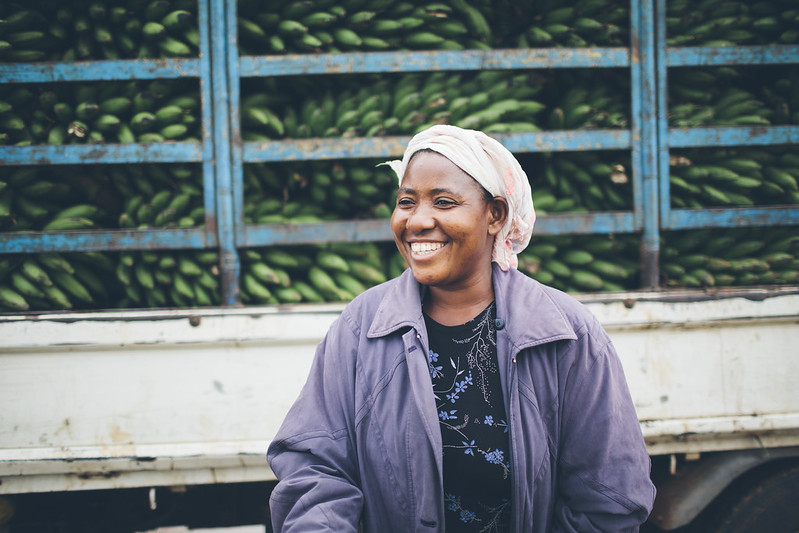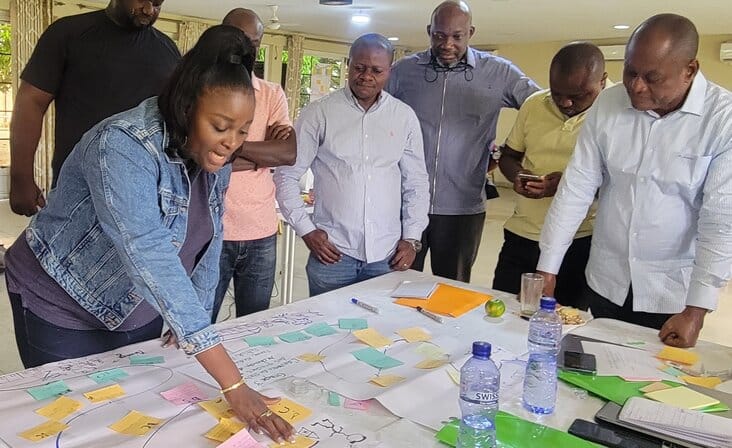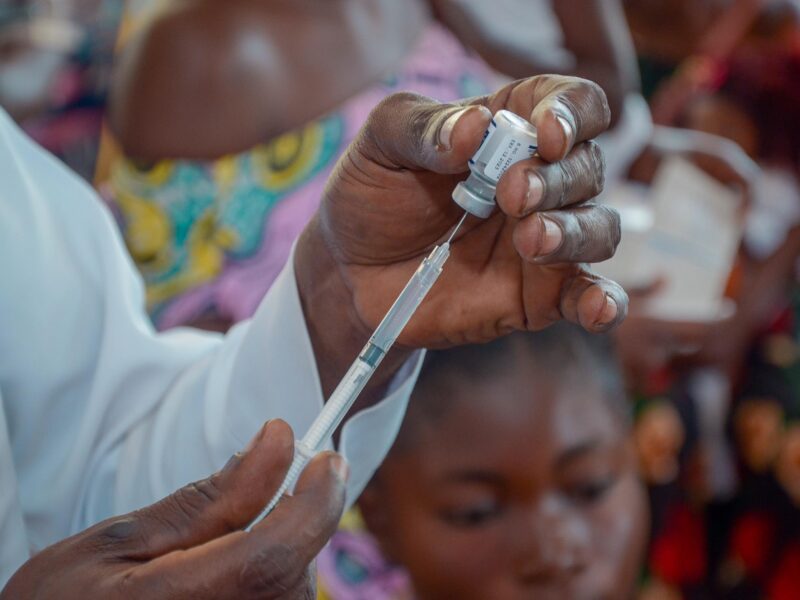The Johns Hopkins Center for Communication Programs has received a $35 million, five-year award from the United States Agency for International Development for an innovative integrated social and behavior change project in Uganda.
The project, called the Social Behavior Change Activity (SBCA), has a strong emphasis on capacity strengthening to enable Uganda’s social and behavior change practitioners to create and implement their own programs based on their needs.
“It is designed to be a collaborative, co-owned process to further strengthen the way SBC work is done across Uganda,” says Susan Krenn, CCP’s executive director. “Our mandate is to work hand-in-hand with partners, civil society organizations and governments at multiple levels throughout the country, to facilitate their ability to use evidence and tailor it to the needs of different groups in areas from health to hygiene to education.”
CCP’s partners on the project are World Vision, Inc., the Busara Center for Behavioral Economics, the Medical Concierge Group, and Women Influencing Health, Education, and Rule of Law (WI-HER).
With more than three-quarters of the population under the age of 30, Uganda – with its population of nearly 43 million – is one of the youngest countries in the world. Their ability to thrive is the key to Uganda’s success.
Data show a powerful role for social and behavior change in many of Uganda’s most pressing health challenges. For example, most caregivers sought care for children with pneumonia and fever (80 percent and 81 percent, respectively), but a low percentage of children with diarrhea received oral rehydrating solution (47 percent) and their full course of basic vaccines (55 percent).
To help find solutions for Uganda’s future, SBCA will focus on the areas and intersections of family planning and reproductive health; HIV/AIDS; malaria; nutrition; maternal, neonatal and child health; water, sanitation and hygiene; and emerging pandemic threats, including the potential to support the COVID-19 response in the country as needed.
The project will have a strong monitoring, evaluation and learning component. “There will be many activities to help stakeholders better understand how people behave the way they do,” says CCP’s Arzum Ciloglu, the Baltimore-based team leader. “We will work with government and implementing partners to collect and use this information, learning together as the project evolves.”
One element of the project is a proposed “Experience Lab.” The idea is to create a space where stakeholders can take the tools created through the project and test out varied social and behavior change approaches, paired with technical support. There will also be small grants available to support the design of social and behavior change programs at all levels.
“When you talk about the journey to self-reliance, this is what it looks like in practice,” Krenn says, “not just doing the work, but working with Ugandans to create the resources, expand the skills base and strengthen the system to carry this work forward even after the project ends.”





